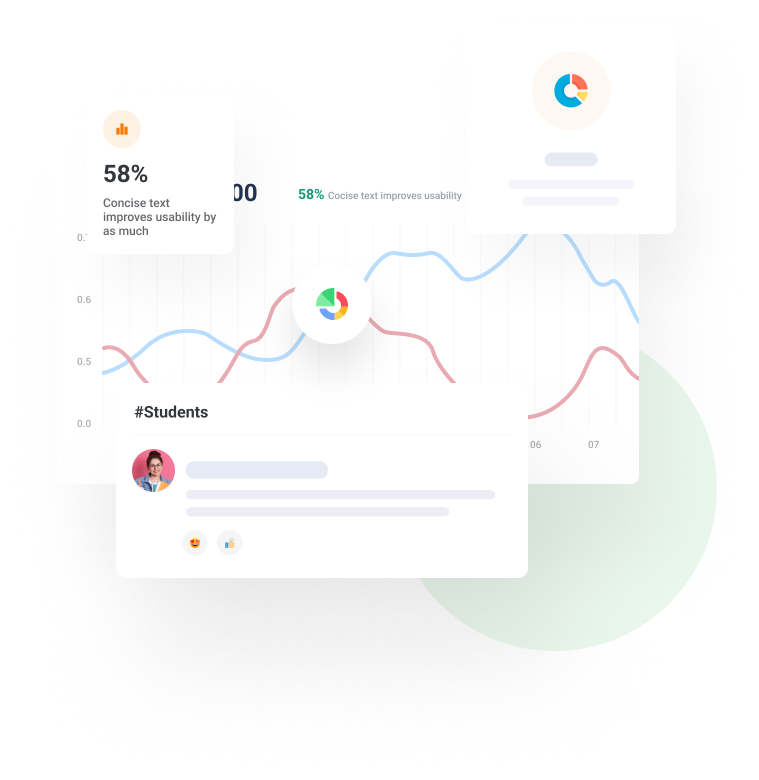Getting students to earnestly do reading, studying, and homework in an introductory programming class
Published 2017
Authors
Alex Edgcomb
University of California, Riverside
Frank Vahid
University of California, Riverside
Roman Lysecky
University of Arizona
Susuan Lysecky
University of California, Riverside
Abstract
Getting students to read and study before class, to be better
prepared for lecture, or to enable a flipped classroom is a long-
standing difficulty for teachers of introductory programming
classes. Furthermore, getting students to do homework, consisting
of small practice problems and questions, is also a long-standing
difficulty without massive grading resources. And even then,
preventing students from copying others’ solutions is difficult as
well. Today, the web enables new interactive learning material
that is replacing past forms of textbooks and homework
assignments, and students today commonly have access to needed
devices and the internet. This paper provides data on student
reading and homework completion rates for web-based interactive
learning material we created that automatically records reading
and homework activity by students. The data is for several
thousand students at over 10 universities, for introductory
programming classes in Java, Python, and C++. The data shows
that, with an appropriate amount of awarded points, required-
reading completion rate was 84%, and auto-graded homework
completion rate was 75%, varying somewhat based on how many
course grade points those items were worth. Students on average
spent about 10 minutes reading each section, and about 3 minutes
per homework problem, both appropriate amounts for those items.
Furthermore, we developed measures of whether students were
earnestly attempting the reading and homeworks, versus just
“cheating the system” to get course grade points. We describe
those earnestness measures in this paper. With proper design and
amount of assigned work, 80%-90% of students earnestly did the
reading and homework activities, even when no penalty existed
for cheating the system, and fewer than 3% blatantly cheated the
system to get their points.






